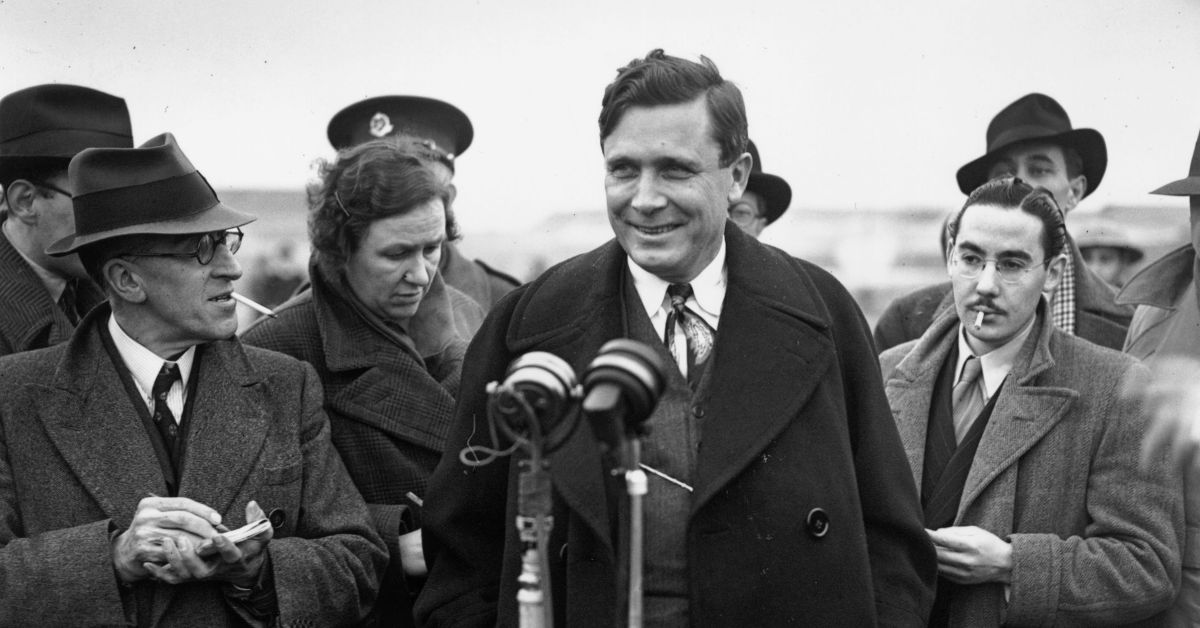
Wendell Willkie: The Hidden Architect of Post-war American Internationalism
Written by Fraser Barnes. American bipartisanship is a rare occurrence in today's polticial climate. However, the often overlooked failed presidential candidate, Wendell Willkie, would prove instrumental in strenghtening Anglo-American relations and forging a new liberal internationalism in the wake of the Second World War.
American bipartisanship is a rare occurrence in today’s political climate, especially between a President and his former election rival. But in 1940s America, with public opinion split on entering World War II as the nation watched Europe fall to Nazi invasion, one man helped eradicate isolationism in Washington whilst setting the foundations for a new American world order.
Wendell Willkie, born in 1892 and raised in a modest household in Elwood, Indiana, had a vibrant journey on his way to the Republican convention in 1940. From working in the Caribbean where first-hand experience of plantations catalysed his anti-imperialist fervour, to removing the Ku Klux Klan from a school board whilst serving as an attorney, Willkie was not a career politician. His business and legal background cast him as an outsider, an appealing characteristic at the 1940 Republican brokered convention where he shocked the attendees by securing the nomination in the sixth ballot, despite having been a registered Democrat a year beforehand.
Despite 1940 being a landslide victory for Roosevelt, securing his record third term, the significance of the election was the campaign, not the outcome. Willkie was a committed internationalist (inspired by Wilsonian liberalism) and was dismayed by the prospect of a Nazi-controlled Europe. Willkie’s subsequent pro-intervention, anti-isolationist campaign platform, despite diverging from past Republican policy, was a godsend for Roosevelt who was fearful of the election campaign being a referendum on American support for the British war effort. When Roosevelt secured 38 out of 48 states in November 1940, he knew that his opponent had largely removed Republican isolationism from political discourse and given him the opportunity to expand aid to Churchill’s Britain, whose endurance against Nazi U-boats and Luftwaffe was being tested to the limit.
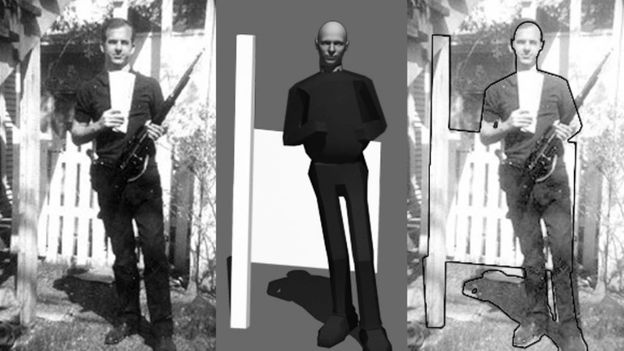



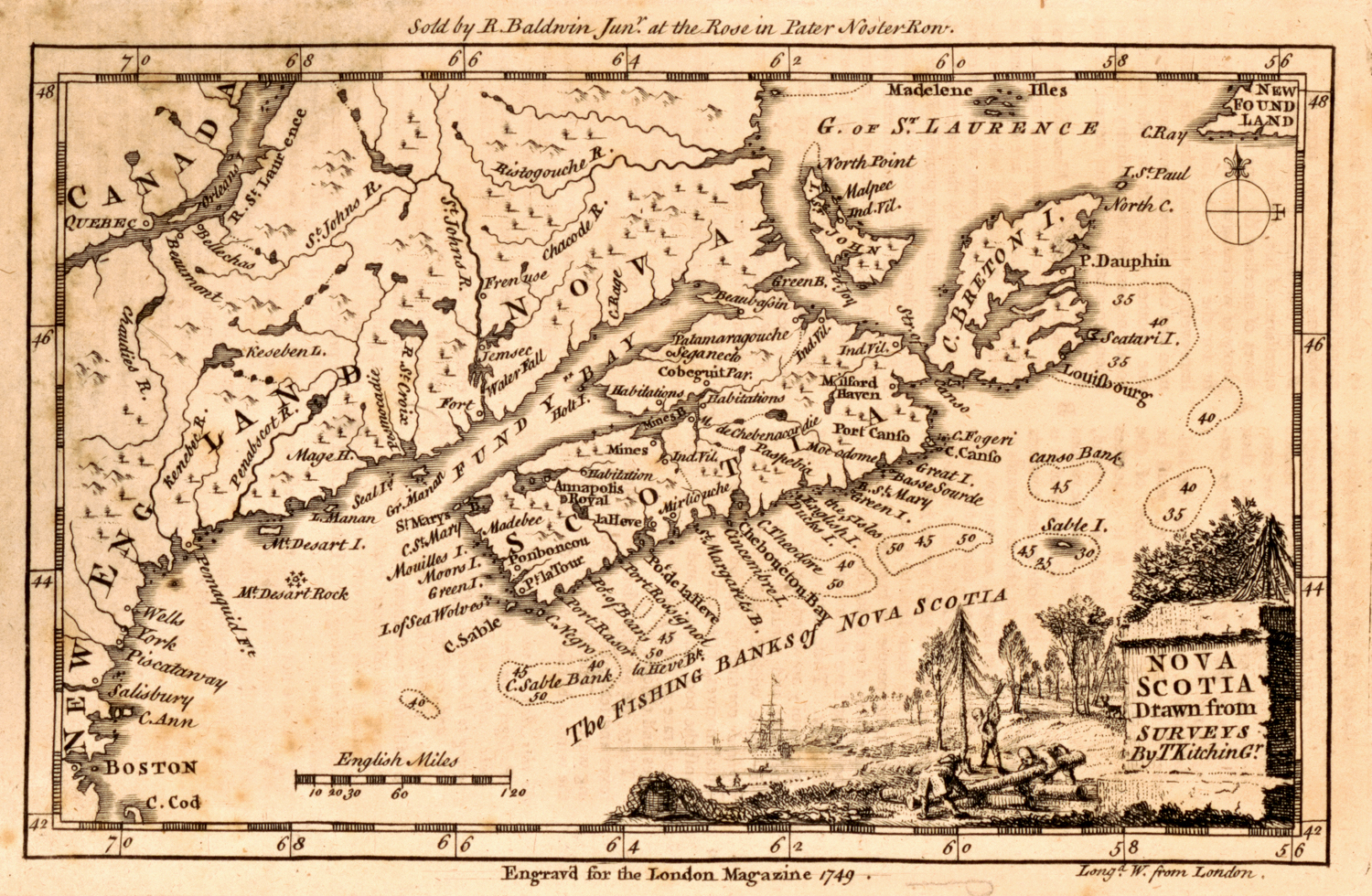
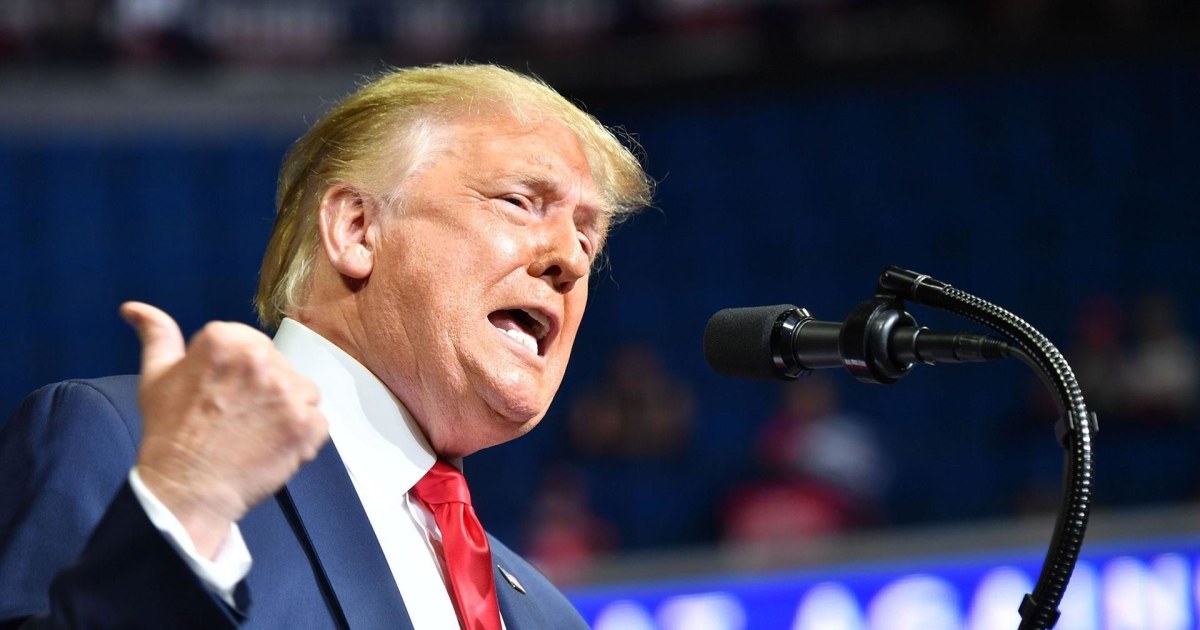

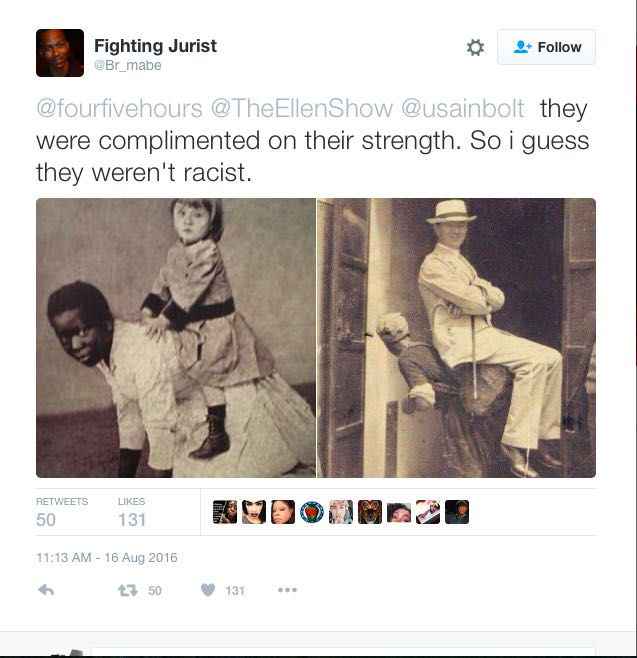






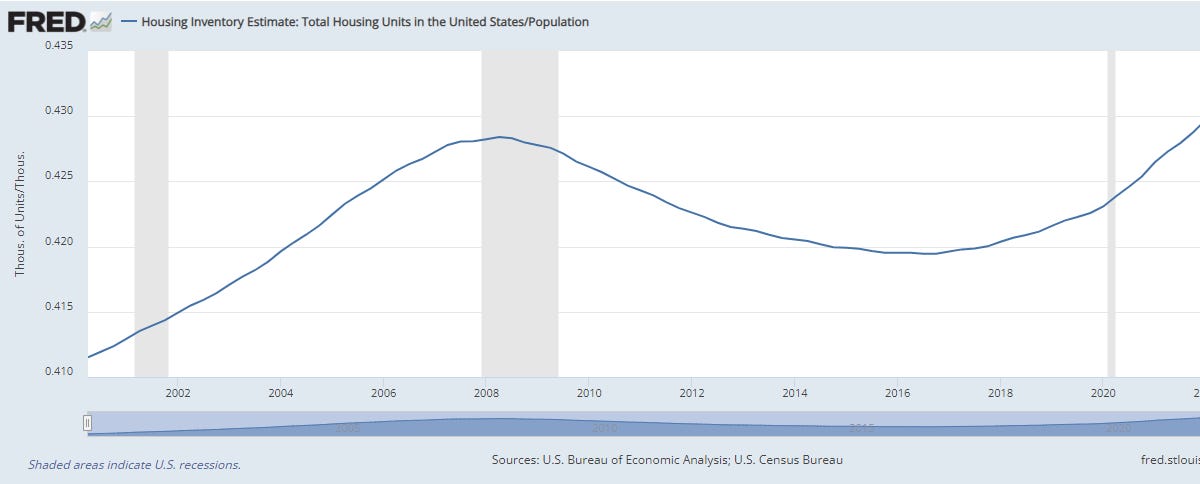


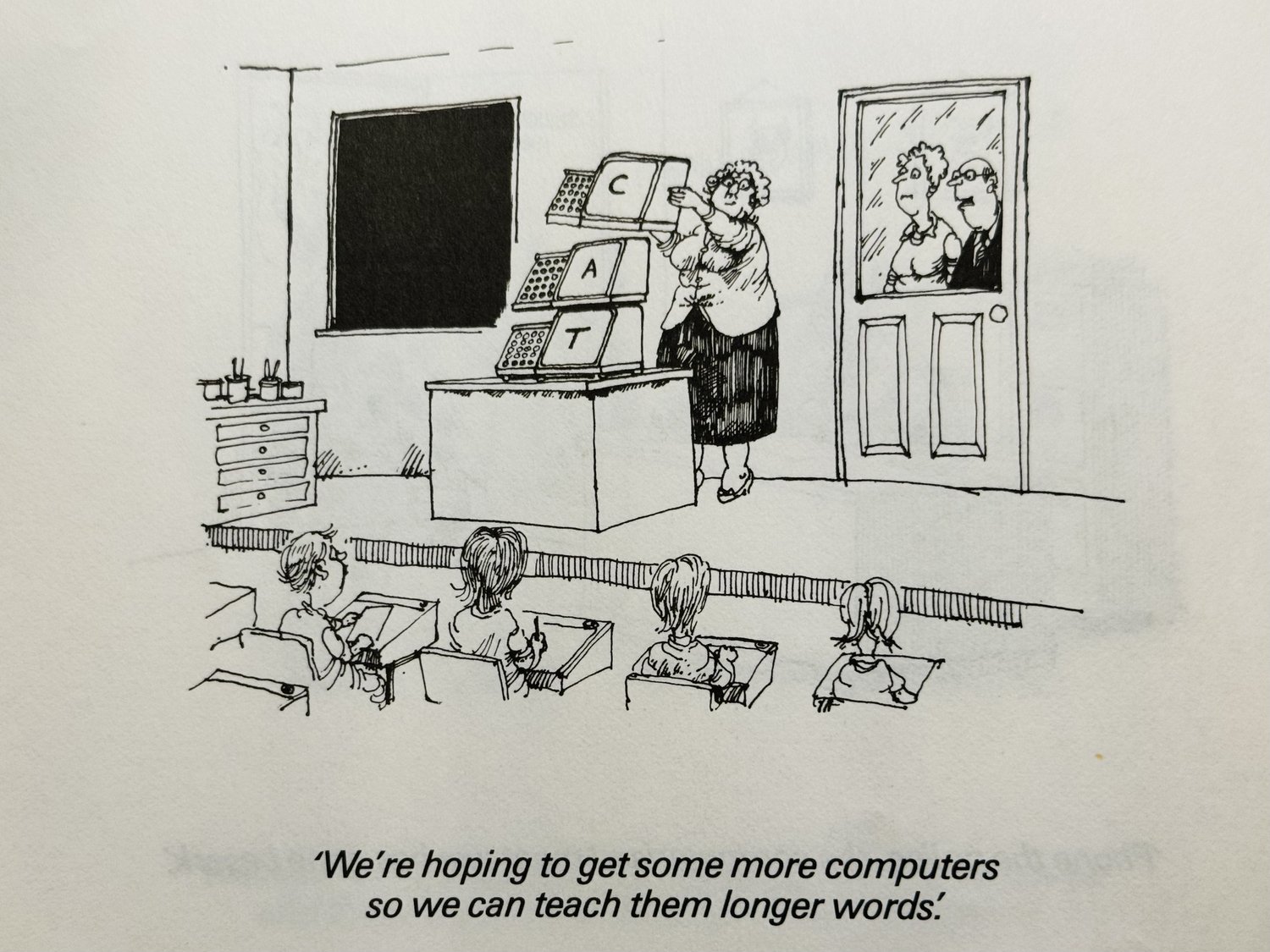


/cdn.vox-cdn.com/uploads/chorus_asset/file/9594885/jetsons.jpg)